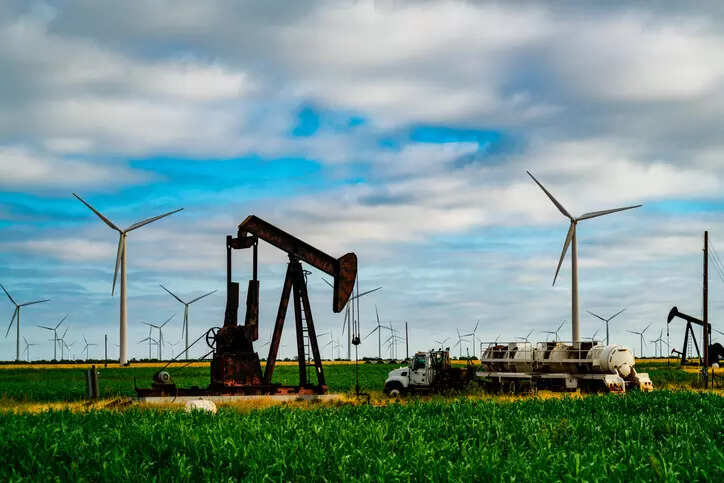
At least $900 billion will be required for just energy transition in India over the next 30 years, only for coal mines and thermal power plants. While $600 billion will have to come as investments in new industries and infrastructure, $300 billion will be needed as grants/subsidies to support the transition of the coal industry, workers and communities, emerged at the Global Just Transition Dialogue in Delhi.
The International Forum for Environment, Sustainability and Technology (iFOREST) organised the first Global Just Transition Dialogue to discuss policy and financial aspects of just and inclusive energy transition. The event brought together national and international stakeholders to exchange ideas and experiences on just transition, specifically focusing on the global south.
While inaugurating the event, Amitabh Kant, the Sherpa of India‘s G20 Presidency, said that private financing will be crucial for just transition. “Our ability to push for just transition gets impacted by our ability to leverage private financing. We need new financial instruments and revision of how multilateral institutions work to improve financing.”
Kant added that wind and solar energy combined with pumped storage will be the key to lower the cost of green hydrogen. “These will pave the path towards an energy transition for India.”
Chandra Bhushan, president & CEO of iFOREST said while the strategy for just transition should be guided by the country’s net zero target and energy independence goals, actions should be to build green energy industries and develop a skilled workforce. “Therefore, just transition should be viewed as an opportunity for India to support green growth in the country’s fossil fuel-dependent states and districts, create good quality green jobs and provide a better life for all.”
Shamika Ravi, member of economic advisory council to the prime minister, said at the inaugural session that the need for an energy transition needs to be balanced with the issue of energy security. “Many of the districts are also aspirational districts and labour transition there is going to be a time-taking and challenging task.”
Talking of financing, she added large multilateral banks will have to step up and provide finance for transition.
The dialogue had sessions focusing on international experience, the roles of national and state governments, policy prerogatives to ensure a just transition, and the financing needs focusing on the global south. Experts representing global south countries such as South Africa, Indonesia and Vietnam, leading policy advisors, top central and state government officials and representatives from labour unions, industry, multilateral institutions, banks and philanthropies shared their insights and observations during various sessions.
Regarding states’ role, Pradeep Jena, chief secretary of Odisha, said that it is simpler to handle the technology transition. “However, fossil fuels, particularly coal mining, and the associated transport sector are human-intensive sectors. The bigger challenge for just transition will be to address the human question and the fossil-fuel associated economy. Planning a transition will require a lot of investments in jobs, skilling and reskilling. Another important aspect will be to define the differential responsibilities of the central and state governments.” “Lot of partnership technical support and guidance will be required for the states to make a low-pain transition” he added.
Talking of the need for finance, Jayant Sinha, member of Parliament from Hazaribagh, Jharkhand, said that the transition is an energy transition and it has to start with coal. “We need to deploy diverse sources of capital for this. However, we also need to urgently build the institutional and administrative capacity to utilise this capital. Both financing and institutional capacity building must happen together.”
iFOREST released two reports – ‘Just Transition Framework for India: Policies, Plans and Institutional Mechanisms’ and ‘Just Transition Costs and Cost Factors: A Decomposition Study’ – which provide the first blueprint for policies, plans, institutions and financing that will be necessary for a just energy transition in India.

